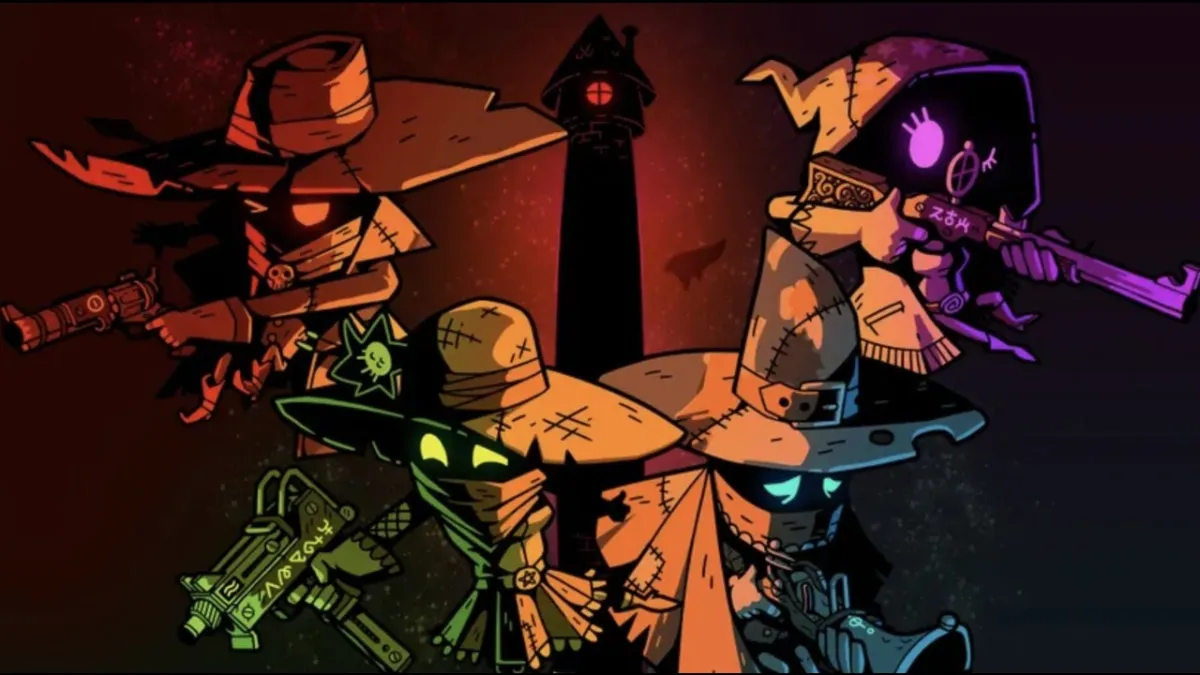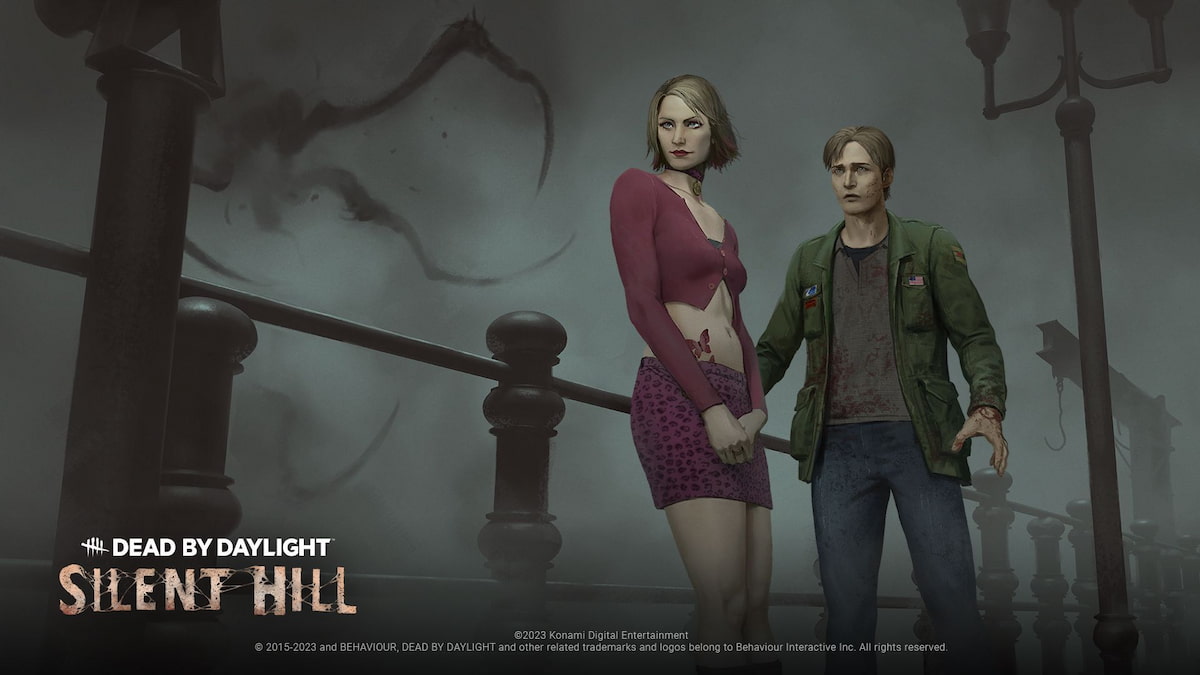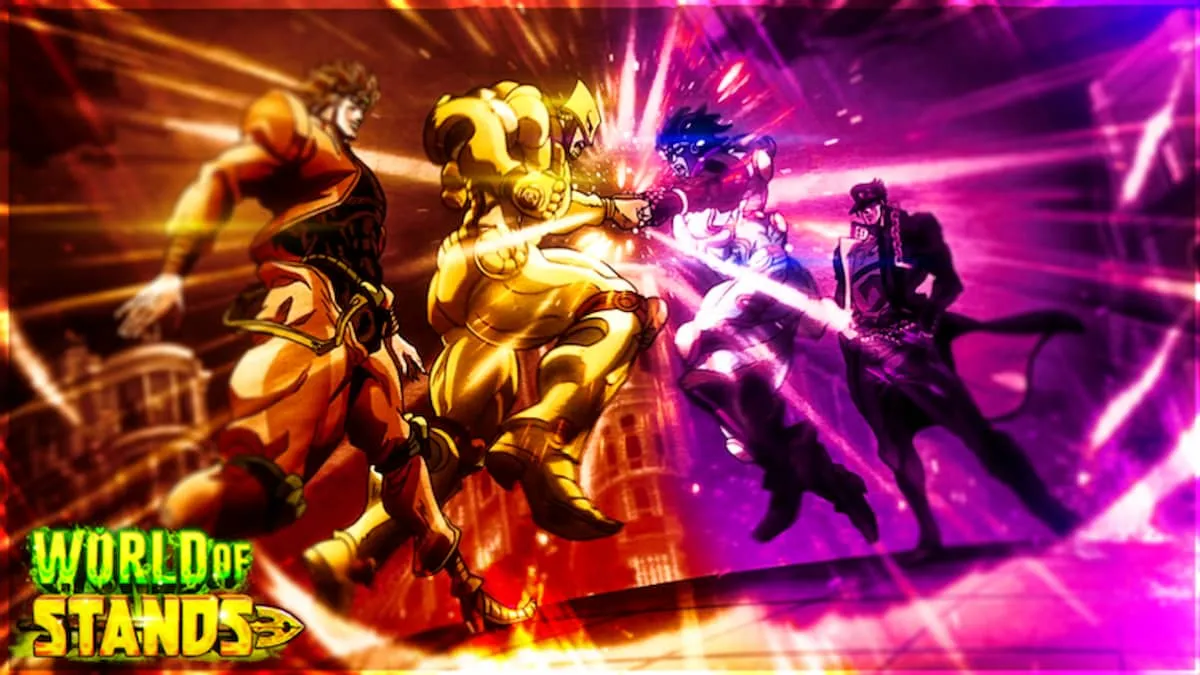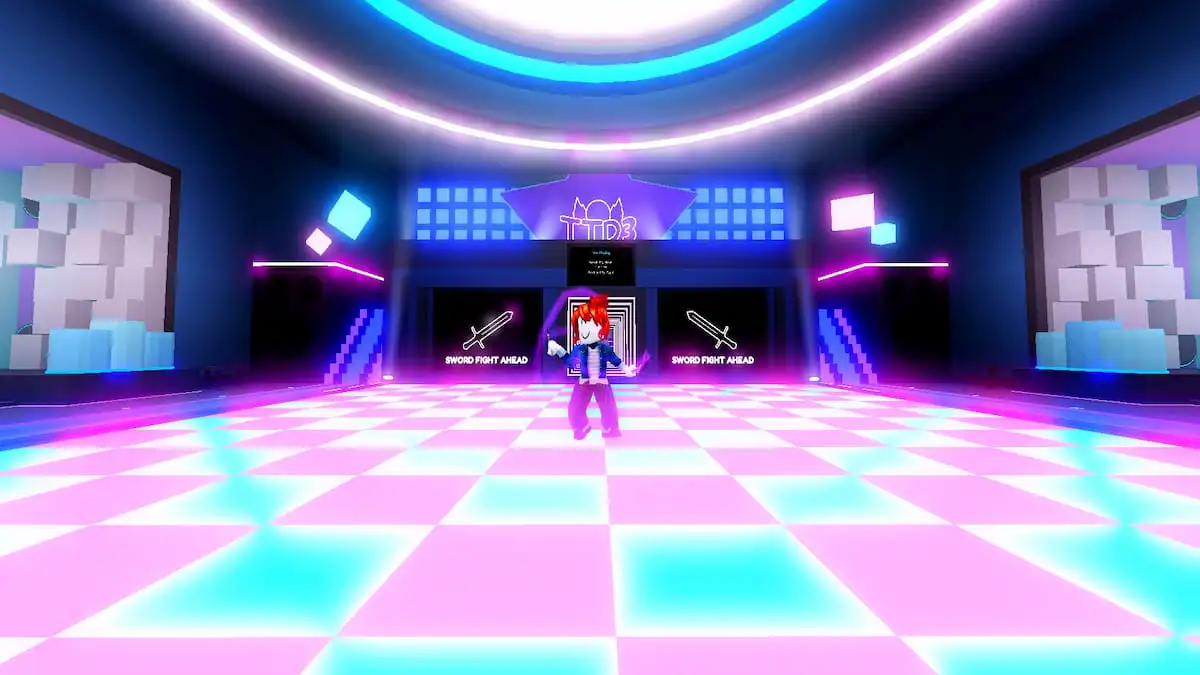After a hectic September, the new gaming IPs of October weren’t so dominant. That doesn’t mean they weren’t worth paying attention to, though. There were several that I would have been happy to lose myself in, so let’s dive in.
Laika: Aged Through Blood
I can’t shake the feeling that someone at developer Brainwash Gang is a massive fan of Mad Max. Laika: Aged Through Blood has the same ultraviolent, post-apocalyptic, revhead desert vibe of George Miller’s action saga. It’s just mixed up with the aesthetics of a Saturday morning cartoon. Weirdly, the combination works. It really helps to sell the story of a mother coyote fighting against the world while also trying to shield her pup from the brutality outside of Where We Live. And the stark, hand-drawn backdrops are absolutely gorgeous, especially when the landscape expands and you get the feeling you can see for miles.
But the magic of Laika: Aged Through Blood comes from a lot more than just the atmosphere. The developers call it a motorvania, reflecting the marriage of the familiar approach of intricate 2D levels that promote and reward exploration with the more unusual take of making your way through those levels at speed on a motorcycle. It’s an unexpectedly brilliant combo that leans into the frantic, kinetic energy of 2D platformers more than the often more methodical approach of more traditional metroidvanias.
It also introduces a few wrinkles that make the game a joy to play. Foremost is the way that doing mid-air backflips and frontflips reloads your weapons and skills. Working alongside that is that tapping the drift button at the right moment deflects bullets, while the bottom of the motorcycle is invulnerable. This collection of mechanics means that you’re rewarded for acrobatic play, but it also means that you have to juggle a lot of moving parts, especially when enemies are thick on the ground — as they often are. And that also means that I very strongly advise playing Laika: Aged Through Blood on mouse and keyboard because my time trying on a controller was frustrating. And even with the greater precision of MKB, the game still gets as tough as old boot leather on occasion. You know what, though, I’ll deal with that because the game nails what it’s trying to do, and I would love to see more like it.
Wizard with a Gun
It’s quite interesting to think back to my criticism last month of Witchfire in the context of Wizard with a Gun. I didn’t like that Witchfire felt like a single-player extraction shooter, and yet here’s another game with a very similar core gameplay structure that I initially found much more compelling. Where I quickly tired of the gameplay loop of The Astronauts’ dark fantasy shooter, I found myself absorbed by the short, sharp bursts of exploration in Wizard with a Gun to the point that I kept going back long after I should have logged off.
There’s a lovely cadence to progression in the beginning, where your goal isn’t necessarily to clear the procedurally generated levels but instead to complete sub-objectives. This structure means that you can easily jump in, achieve something, and jump back out again. It’s not revelatory, but it is extremely solid and satisfying. That core is coupled with quite robust RPG mechanics, with an impressive array of bullet types and other variables to continually shake things up. My favorite discovery of all is that many enemy types in the game are hostile to each other, so an easy way to get around tough encounters was to lead aggressors to another mob, get out of the way, then pick off the survivors. It’s not the most novel strategy, but it’s always fun.
For all that I really enjoyed my time with Wizard with a Gun, though, it’s hard to recommend. One problem is that I found it becoming too much of a grind before too long. Another is that the base building just feels sloppy. I never felt like I was able to make the Tower into a place I could easily navigate. Most of all, though, it feels too derivative. The isometric, tile-based world design married to a story about the remnants of a world in an endless void brings 2011’s Bastion immediately to mind. And, honestly, Supergiant Games just did it better. Wizard with a Gun may be the more reactive, emergent, and technically satisfying, but it lacks for anything like the distinctive sense of personality and propulsion that Bastion had.
World of Horror
The reaction to World of Horror has been one of the biggest surprises of the year to me. I’ve seen it crop up in a few headlines over the last few weeks. Maybe that was a poor assessment on my part because, thinking about it, the game brings together a few hot button ideas. There’s overtones of Lovecraftian cosmic horror, the presence of a Junji Ito-esque macabre-isation of everyday settings, and the kind of lo-fi aesthetics that Lucas Pope and Toby Fox have built their entire careers on. That’s a lot of reference points to pique the interests of diverse parties.
And, by goodness, does it make the most of them. World of Horror is a game of broad strokes, powered by procedural generation. You start each run with an Old God and a doom counter, and you’re challenged to complete a series of mysteries without running out of either stamina or reason. It sounds simple yet makes for a fine balancing act as you explore, fight monsters, and try to work out exactly what the hell is going on. If I have to nominate a single complaint, it’s the way that the game likes to pull you into its rinky dink combat encounters. The first few times you stumble into the nightmare creatures are genuinely thrilling, and working out the options-heavy turn-based combat system on the fly means you have to sink or swim. However, I quickly found the process becoming tedious, which put a real dampener on my desire to keep coming back.
And that’s a damn shame because the use of procedurally generated narrative elements here is a stroke of genius. Horror often works best when it deals in the unknown — that discussion is well-worn. World of Horror offers the potential of surprise around every corner. There’s no guarantee in any of your explorations, so there’s a frisson of anxiety every time. Will you find one of the items you need? A deformed monster? A companion? A weapon? And if it is an apparently empty room, can you trust any of the interactive elements in it? (In my experience, probably not.) The vibes are impeccable; I just wish there was more of the creeping tension and less of the piddling combat.
Jusant
Having built a reputation on action-RPGs and some of the best narrative adventure games out there, Don’t Nod doing a pure adventure game was not on my bingo card. But here we are. The studio is way outside of its comfort zone with Jusant and yet… it’s a bit brilliant.
In October 2023, it’s a bit passè to liken new IPs to Journey, but Jusant reminds me of nothing else quite so much. It’s there in the framing of a silent, evocative protagonist trying to reach a high, far-off location for reasons unknown. It’s there in the beautiful remnants of a lost civilization with secrets and mysticism long forgotten. Most of all, it’s there in the feeling. For me, the magic of Journey was in the way it made me feel like a tiny firefly in the vast expanse. I was as inconsequential as a speck of dust against the majesty of the universe, and all I could do was flicker and flutter against it. It entrances you, makes you feel meditative and contemplative. That’s rare. I’ve found it in Shadow of the Colossus and, to a lesser extent, in Death Stranding. I hoped to find it also in Abzu, only to be sorely disappointed. That feeling is potent in Jusant, though. You’re ascending a sky-scraping mesa, seeking the clouds so far above. Why and what you hope to achieve quickly becomes irrelevant. All that matters is the quiet quest.
Where Jusant differs from Journey is that it’s a more tactile experience. Rather than skating and soaring above desert dunes, you’re climbing. Progress is slow but assured — hand over hand, using ropes and belays. You climb, clamber, swing, drop, planning each stage, managing the length of your rope and your stamina. You get lost in the process. And every now and again you get another glimpse into one of the most fascinating chronicles of civilizational collapse I’ve yet come across in any game. I had thought that Don’t Nod’s star was fading. Twin Mirror, Tell Me Why, and Harmony: The Fall of Reverie all left me less than impressed after the heights of Life is Strange 2, but Jusant is a glorious return to form.
Notes from the Backlog
I feel guilty about The Lamplighter’s League. I’m not conceited enough to think that my championing it would have saved it from its inglorious fate, but it’s still hard to see it sink into obscurity when I do so love turn-based tactics games—even moreso one that’s not stuffed with Content, as Elise Avery noted in her review. Alas, for now it rests on my backlog, and I hope that Harebrained Schemes can bounce back with whatever its next project is.
Elsewhere, Long Gone Days caught my eye thanks to its apparently strong anti-war themes and visual novel simplicity. Unfortunately, it has earned a very mixed reception, largely thanks to critique of an uneven tone that means whatever strident commentary it’s trying to make feels wishy-washy. I guess that just makes more of a case for games like Metal Gear Solid and Spec Ops: The Line, which treat with all the messiness of war far more seriously.
Finally, I do love a story that brings sci-fi and fantasy into conflict, so Dark Envoy piqued my interest early on in the month. And the sibling dynamic of the deuteragonists sounds like it could be a lot of fun. Unfortunately, Jessica Hoops’ review paints the picture of a less than stellar CRPG with fundamental problems in addition to technical ones.






Published: Nov 1, 2023 03:55 pm